When you have dogs, you have to expect a lot of drool in your life. But with cats, it’s a bit different. Cats aren’t known for being slobbery pets–which if you ask me, is another reason why we love them so much. So when you see strings of saliva dripping from your cat’s mouth, you should be thinking, “What’s going on here?!”
There are a few instances when seeing your cat drooling is completely normal. In these cases, the excess saliva shows up intermittently—not all the time. So if you’ve noticed that your cat is drooling and it happens several times a day during different activities, there’s something going on. In most scenarios, a drooling cat warrants a trip to the vet.
Here are a few of the most common reasons why cats drool.
Dental Disease
Studies show that 85% of cats over three years old have some kind of dental disease. Sometimes it’s mild gingivitis, but there are also serious dental diseases that can affect your cat’s overall health. Drooling is often a symptom of severe gingivitis, tooth decay, periodontitis, and tooth resorption. Drooling is a biological attempt to sooth the irritated areas. The drool might also be tinged with blood or have a foul odor.
Foreign Objects
We all know the saying about curiosity and the cat. Well it turns out curiosity can also cause the cat to start drooling. Cats aren’t as prone to swallowing foreign objects as dogs, but it still happens. And sometimes it happens by accident. If your cat gets something stuck in their mouth or the back of their throat, it could cause them to start drooling. This could happen with parts of their toys, leaves, sticks, or bits of food.
Poison
Environmental poisons are in your house, yard, garage, and just about anywhere else. If your cat is exposed to a toxin, drooling is often a side effect. They could have nibbled on a poisonous plant, like calla lily or elephant ear plant, or they could have ingested a chemical cleaner or solvent. If you think your cat has been exposed to poison, it’s important to get them to the vet ASAP.
Kidney Failure
Kidney failure is the number one killer of cats. It’s both a chronic and progressive disease, so symptoms often start off subtle. When the kidneys start to shut down, there’s an unusually high level of two waste products called BUN and creatinine. They can cause ulcers in the mouth, esophagus, and stomach which lead to excessive drooling. Other symptoms of kidney failure include increased thirst, increased urination, and weight loss.
Cancer
Cats are not immune to cancer. Squamous cell carcinoma is a particularly aggressive form of cancer that can develop almost anywhere and most often shows up in the eyes, mouth, or ears. Drooling and extreme bad breath are two of the first noticeable symptoms. This type of cancer is most prevalent in white cats with black pigmentation, but it can happen to any cat. Other symptoms include not eating, weight loss, and an inability to close their mouth.
Fear and Stress
Besides medical problems, cats can also start drooling when they’re afraid or stressed. These cases are not emergencies, and it’s actually considered normal. This kind of drooling happens to a lot of cats when they’re in the car. The nausea caused by motion sickness can make them produce more saliva than normal. And it usually precedes vomiting. The best thing you can do for your cat in this situation is remove them from whatever situation is causing them stress and let them calm down on their own.
Extreme Relaxation
On the other side of the emotional spectrum, cats also drool when they’re happy and relaxed. Some cat owners say their kitties start drooling every time they scratch that special spot behind the ears. It’s like they’re being lulled into a state of mind where they’re so content they forget to swallow their spit. You might even find a little drool stain on the couch after your cat gets up from a particularly good nap.
If you notice your cat drooling, it’s important to determine whether it’s a normal response to an emotion or if it’s a medical condition. To do this, observe their behavior and take note of how often they drool and what they’re doing when it happens. If they only drool when they’re in the car, for example, you know they’re most likely drooling out of stress. But if your cat drools on a regular basis, and especially if it’s a new behavior, it’s important to contact your vet.
REMEMBER: ADOPT, DON’T SHOP; FOSTERING SAVES LIVES & SPAY AND NEUTER!
Related Story: Veterinarians Answers 8 Questions You’ve Always Wanted To Ask
Related Story: Why Does My Cat Always Act Like They’re Hungry?


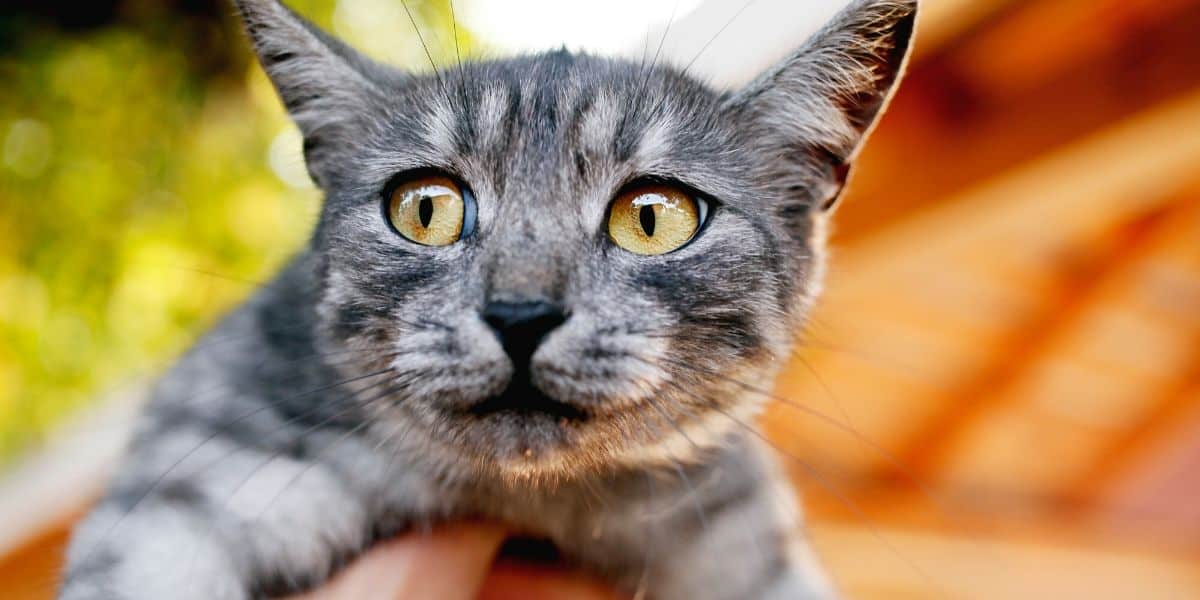
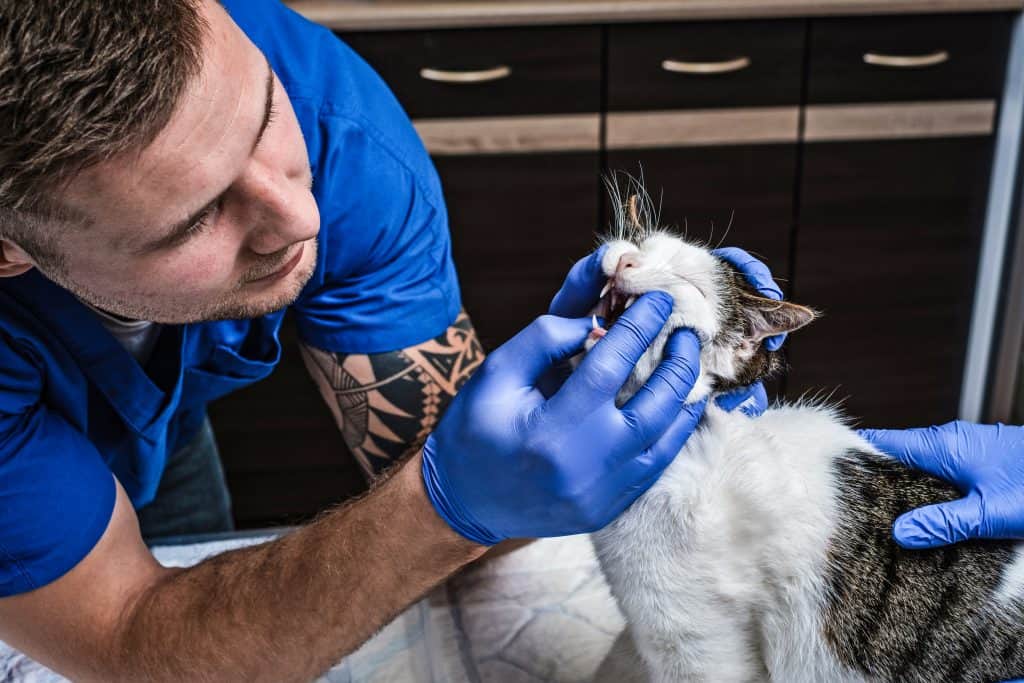
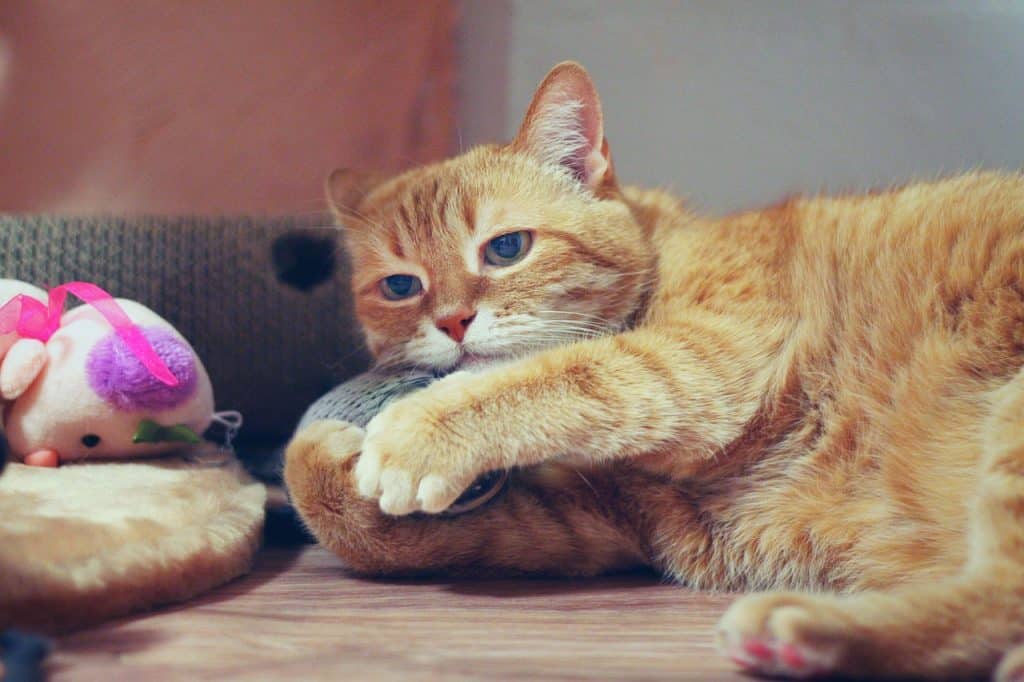

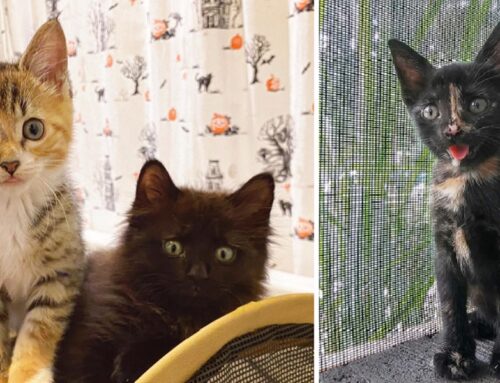
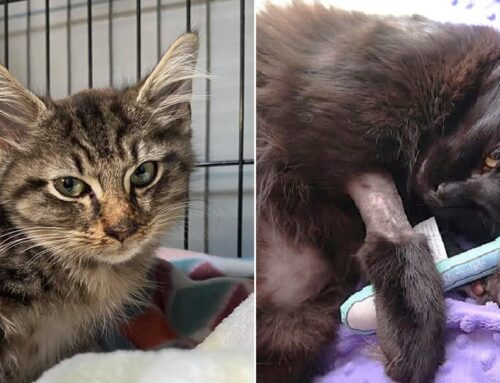
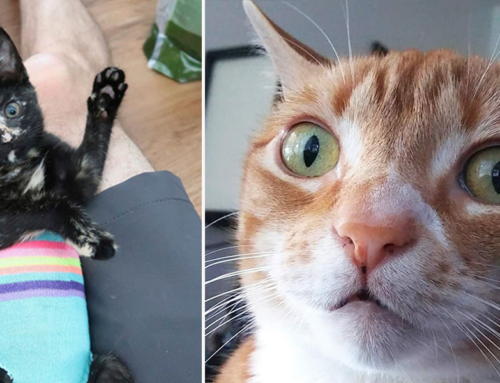
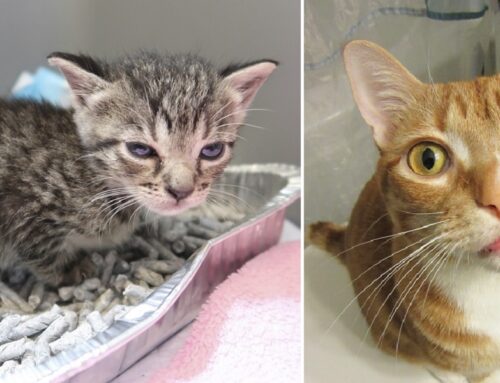

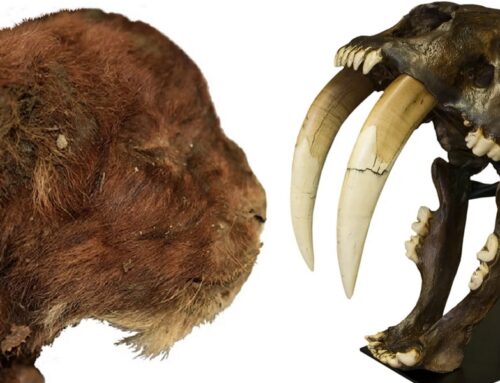
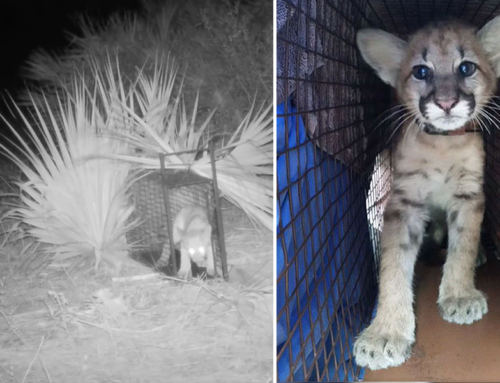
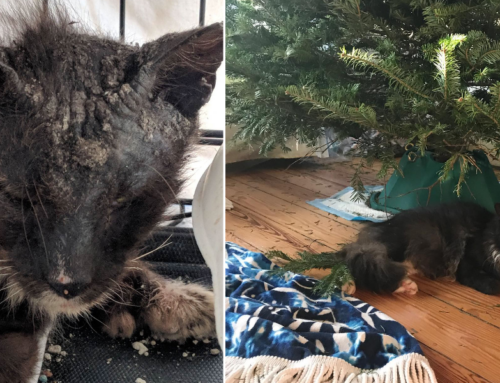
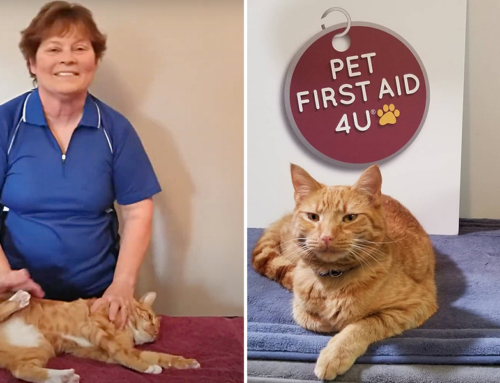
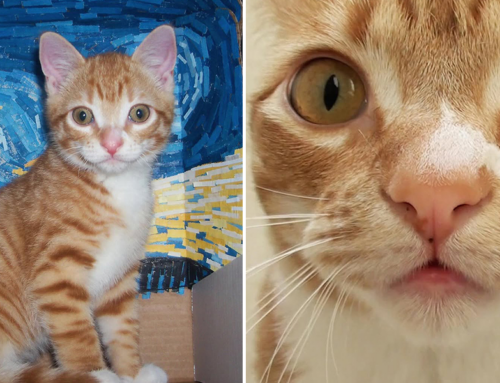
My 15yr old cat was drooling with some blood in the siliva i thought he had a bad tooth or something that could be fixed but ehen i took him to the vet she had to put him down as he had a very bad tumour. To say i was heartbrojen was an understatment as he was my big baby who i dearly miss.
Our roughly 1 yr old cat and our 2 yr old cat only drool when I am putting them. Our 2 yr old (Pastel Tort named Hazel) does this a lot when she is doing her cuddle, nuzzle, knead when I lay down for bed. She also drools when stressed out. That’s because she doesn’t like going to the vet.